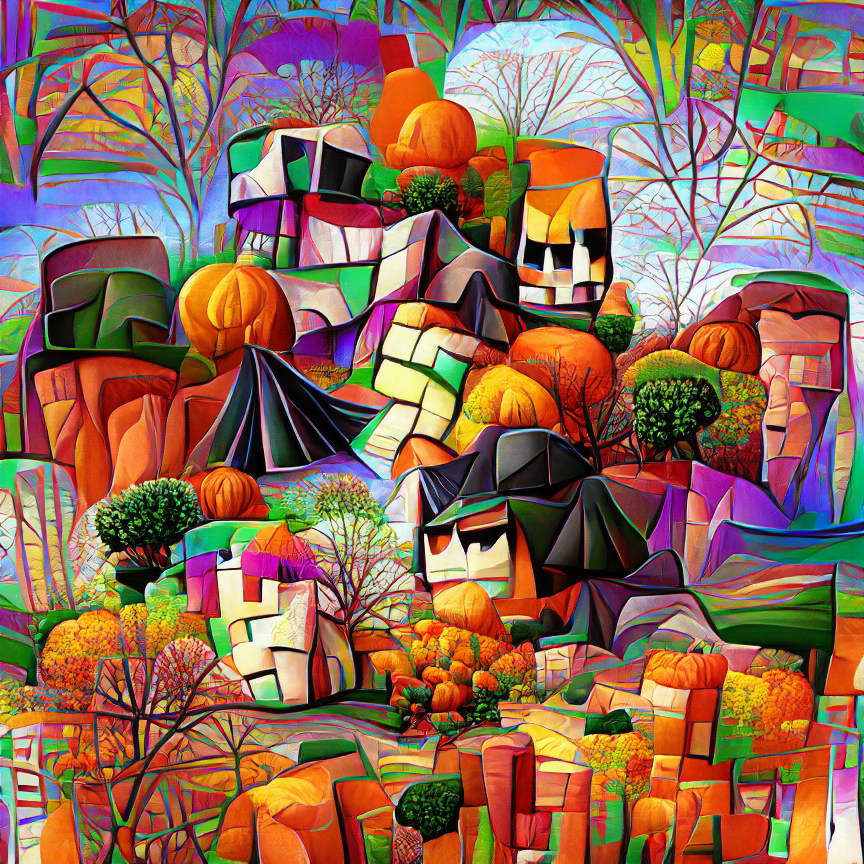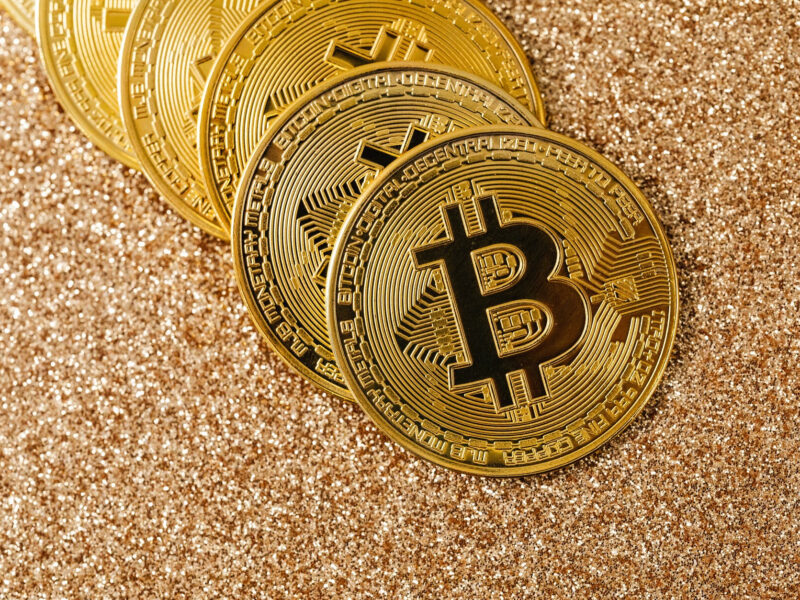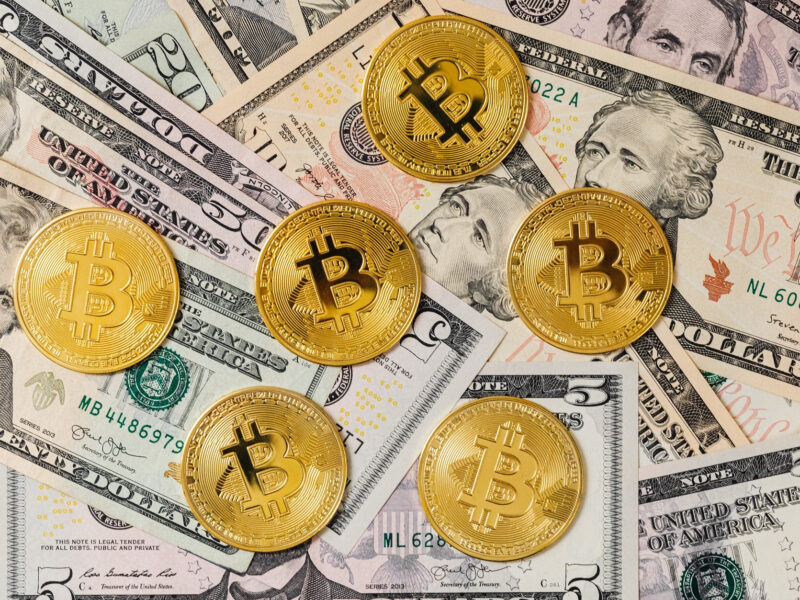A Non-Fungible Token (NFT) is a unique digital asset that represents anything from a physical asset like art or real estate, to a digital asset like an electronically signed contract or virtual property in the metaverse, recorded on a blockchain. NFTs represent an investment asset class that shares some characteristics with other conventional asset classes like collectibles or fine art.
NFTs are popularly recorded on the Ethereum, Solana and Ravencoin blockchains among others. Depending on the blockchain used, you will need the proper Layer-1 blockchain asset/coin (e.g., ETH, SOL, RVN) to serve as payment to purchase the NFT. Once purchased, the NFT becomes associated with your crypto wallet for that blockchain.
To discover NFTs you can head to an NFT marketplace like opensea.io. Once there, you’ll need to connect your crypto wallet to the marketplace. The most secure approach to conducting a crypto transaction would be to use a crypto hardware wallet. For example, if you have a Ledger wallet, you could connect it to opensea.io either using WalletConnect (via Ledger Live app), or through a software wallet like Metamask offered as a browser extension.
After you select an NFT to buy and proceed to pay for it, your crypto wallet will need to authorize the transaction by digitally signing it and permitting transfer of payment. Once this is done, the transaction will get recorded on the blockchain and the NFT will show up as an asset associated with your crypto wallet. Such NFT ownership can be verified directly on the (public) blockchain.
The image at the top of this post is an NFT that I purchased on opensea.io. It is digital art created by AI Made using A.I. algorithms. This NFT included a high-resolution digital image in PNG format. Additionally, the seller also provided a physical copy of the image on museum-quality canvas ready for hanging on the wall. Finally, subsequent resales of this NFT would generate royalties for the original creator of the art.


